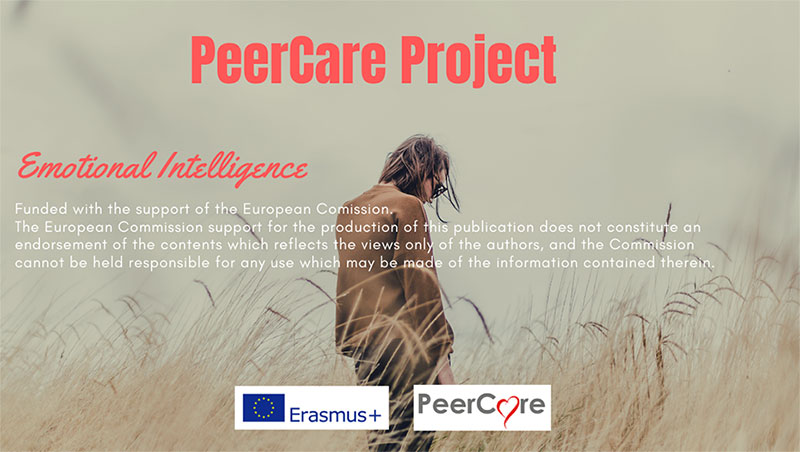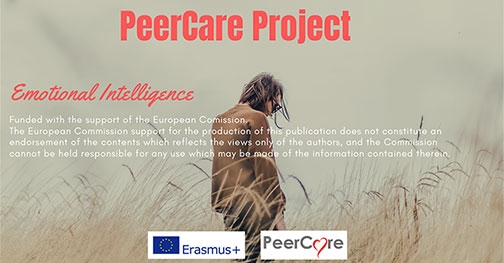A major policy and social challenge in the European Union is the ageing of the population, and the need to ensure quality Long Term Care for the increasing numbers of dependent young and older citizens. A family caregiver is “anyone, women or men, who is not a professional caregiver but, by default or choice, cares for a dependent person in his/her immediate circle” (European Charter for Family Carers). Family carers across the EU provide over 80% of all care, with women providing approximately two thirds of care, often at the expense of their own personal, family and/or work life (European Centre for Social Welfare Policy and Research, Vienna, 2010).
Care giving role can be very hard due to the complexity of situations which they have to deal with and due to the time consumed (which can reach more than 16 hours a day). For this reason it is increasingly important to address the multidimensional burdens associated with informal caregiving. There is a phenomenon called «caregiver stress» characterized by the reduced hours of sleep, insomnia, neglect of self-care and consequent fatigue, concentration difficulties, anxiety, irritability, depression, emotional stress, frustration, annulment of social life, etc. Caregiver Burden has both objective and subjective components. The objective components are the demands, to which the caregiver is exposed because of caring for the dependent person. The subjective component is the way the caregiver perceives the caregiving tasks: his or her emotional response to the experience of caring for a family member.
There upon, burden symptoms can be controlled and even reverted by reinforcing emotional Intelligence and social support. The PeerCare project aims to contribute to reduce the “caregiver stress” symptoms by spreading a new approach for delivering informal training, feedback and support to family caregivers, through an online peer networking community with access to a training itinerary to improve Emotional Intelligence.
The project offers two key outputs:
1. The “Peer training on Emotional Intelligence for informal caregivers”, a training pathway, supported by a gamified approach, focused on three main attributes that define Emotional Intelligence: self-awareness, self-regulation and motivation. The training is integrated in an online peer networking community, where users have the opportunity to share knowledge, experiences, and feelings, and go out from the loneliness and isolation that this collective often suffers.
2. The Handbook “Emotional Intelligence for informal caregivers – Training for trainers”, addressed to all those persons who, in a non-formal or informal way, as professionals or volunteers, work with family caregivers with the objective to improve their Emotional Intelligence and increase their social support and network.
Check the project website to know more: http://peercare.eu
Follow us on facebook - https://www.facebook.com/peercareproject/

